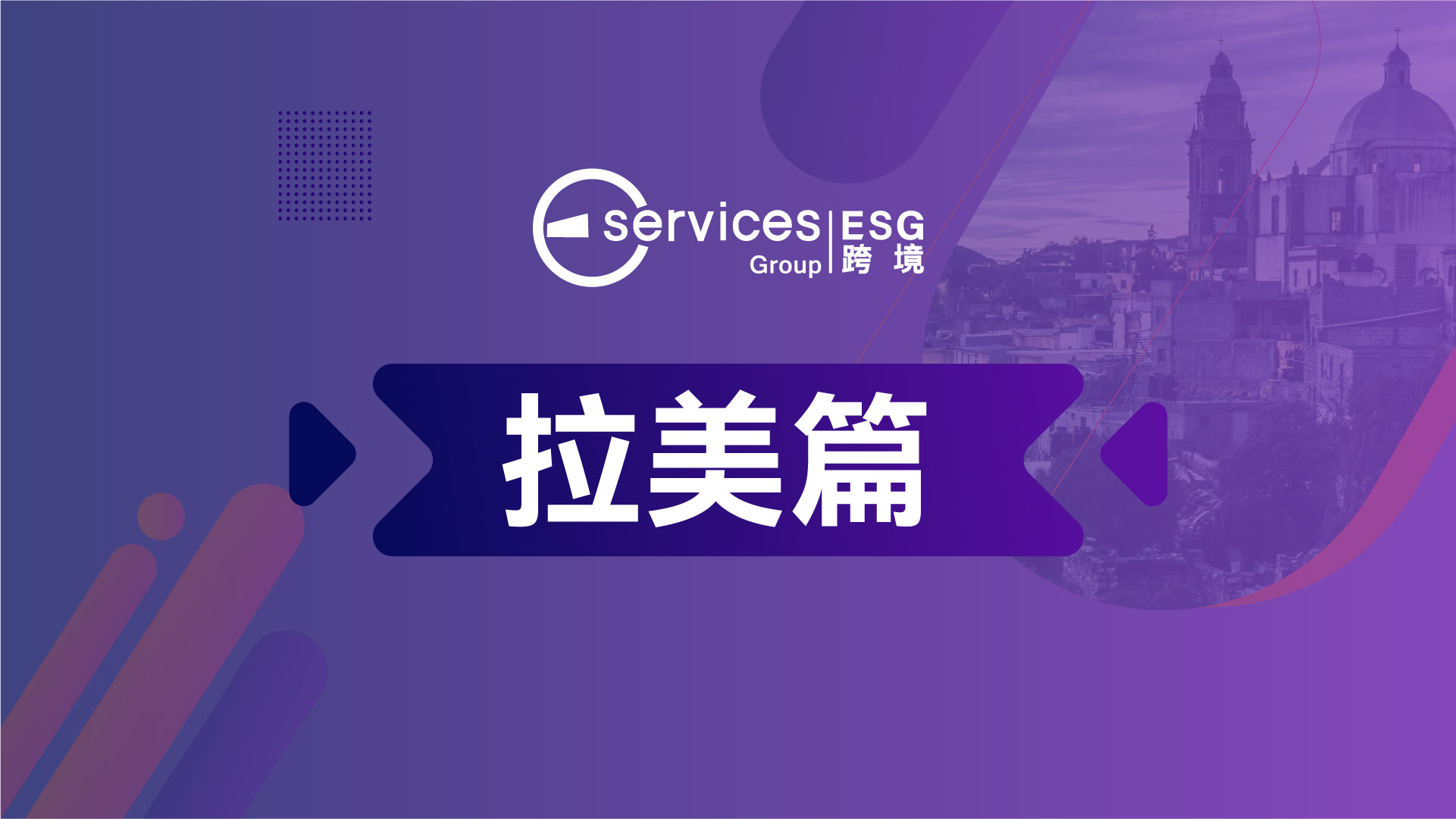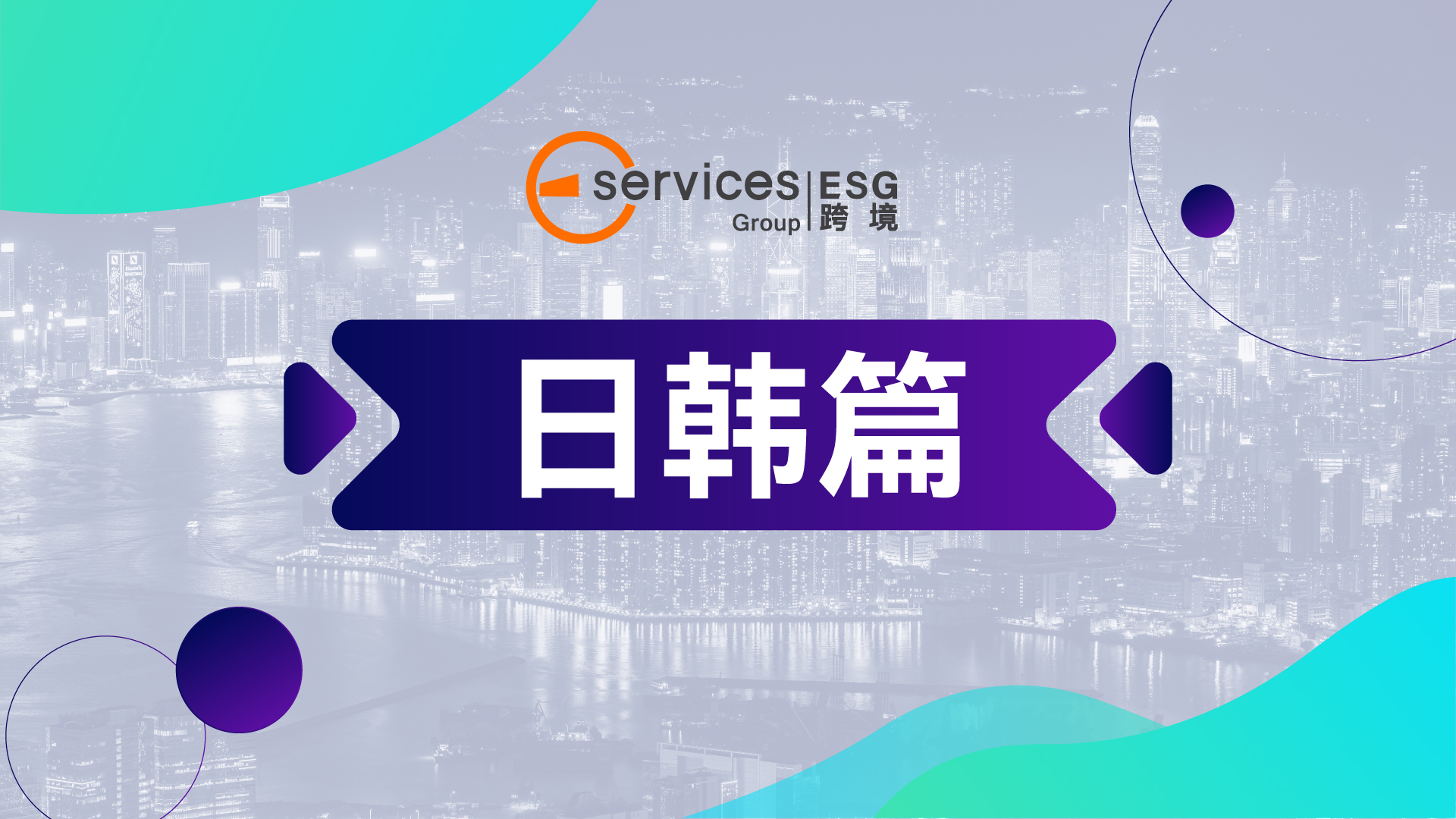ESG集团CEO Alan受China Daily采访,谈香港电商新机遇
下面是英文原稿E-commerce: Tackling markets and culturesCaught in the crossfire of the protracted Sino-US trade row and the ongoing Hong Kong protests, cross-boundary e-commerce players in the SAR are in a dilemma — they’re neither able to build up nor expand overseas businesses arising from the web of hurdles created.They’re strapped — their goods can’t be shipped out on time from Hong Kong International Airport, exacerbated by mounting cancellations of overseas orders during what’s supposed to be a super important peak season, says Alan Lim, founder and chief executive of E-Services Group, which helps Chinese e-commerce operators polish their global channels. As the world’s busiest air cargo hub, HKIA handled more than 5.1 million tons of freight last year. It’s also one of the most important airports for e-commerce companies in China and the first choice of Chinese vendors in shipping their orders overseas with the least cost.HKIA’s shutdown in August, as the protests escalated, was a non-starter for freight operations, which were already reeling from the simmering trade spat between the world’s two biggest economies, says Lim. Demonstrators had swarmed HKIA and taken over the terminal, forcing at least one thousand flights to be scrapped, delayed or diverted. Latest figures from the Airport Authority of Hong Kong showed that both passenger and freight volumes took a tumble in October as the unrest intensified. The volume of cargo shipped plummeted 5.5 percent year-on-year to 428,000 tons last month.E-commerce hurdles in HKAccording to Lim, the drop in freight traffic at HKIA was caused, to a certain extent, by many export companies looking for alternative backup via Guangzhou airport although the costs are much higher.Chinese customs authorities, at the same time, have tightened regulations on shipments into and out of the country, causing goods of Chinese e-commerce vendors to be delayed for transit via HKIA.What’s worse is that the trust is broken and it would take a long time to heal.Lim had been brimming with confidence that Hong Kong was on track to enjoy a bright future as far as the e-commerce sector is concerned. With the city’s unique role as a strategic gateway and important hub for China, local sellers have more international experience with overseas e-commerce platforms than their mainland peers. Many of them source from Guangdong province and sell their products to markets as far as the United States, Europe and Australia.“Foreign importers now have no idea if Hong Kong will have similar problems。






